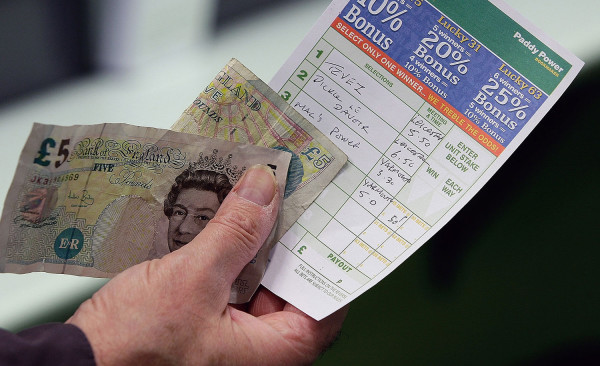
The favourite-longshot bias is a phenomenon that exists in the world of sports betting, and finance. It refers to a situation where bettors often tend to lean towards betting on longshots, as opposed to taking the far sounder favourite bet.
There are a number of studies that theorise as to why this is the case, both in regards to betting psychology, and the odds implemented by bookmakers themselves.
Here is a quick look at the situation.
Bookmaker Bias
A bookmaker has a difficult task at hand. He or she must offer fair odds, while also making a profit. But in the world of sports, this is a far more complicated and difficult prospect than might be imagined. After all, not every matchup is entirely fair, and in many cases there is a favoured winner.
So how does a bookmaker offer, that will avoid bankrupting them? The conundrum has arguably given rise to a situation where bookmakers will overvalue underdogs, and undervalue favourites. Thus, bettors will be more likely to take the longshot bet, as opposed to the favourite bet, with hopes of getting bigger payouts for smaller stakes.
Player Psychology
On the other hand, a similar bias exists in the mind of bettors.
Virtually every sport in the world has clear favourites and longshots. The favourite, of course, is the team or individual that is most likely to win. Yes, there is some chance of an upset, but a favourite is a favourite, and any smart punter will put their money on this more sound option.
However, longshots, or underdogs, have an interesting impact on the sporting world. Everybody loves an underdog, by the very nature of sport itself. Seeing a team or individual beat the odds, and come out a champion is a very appealing notion.
This narrative bias, combined with the prospect of a big payout against a relatively small wager, fuels an unusually high percentage of bets on longshot odds.
But then again, favourites tend to lose far more than is commonly believed, with statistics suggesting that a favourite team in a sporting event will see success a little less than 55% of the time.
Betting Smart
So taking into account the favourite-longshot bias exists in the world of betting, how does a smart bettor go about avoiding its influence?
As with most factors in sports betting, the best approach is always the most well thought out, well researched one. Simply put; a bettor can take into account that such a bias exists, and plan betting strategies accordingly. If situations arise where the bias seems to exist, this should be factored into the overall plan.
It will always be lucrative to bet on longshots, but just how likely is that longshot to pay off, taking into account real statistics, and not perceptions? Everyone loves an underdog story, but underdog stories may result in an empty pocket, and sad ending.
On the other hand, an underdog team may just be on the rise, and offer a sound, if risky, betting opportunity.

